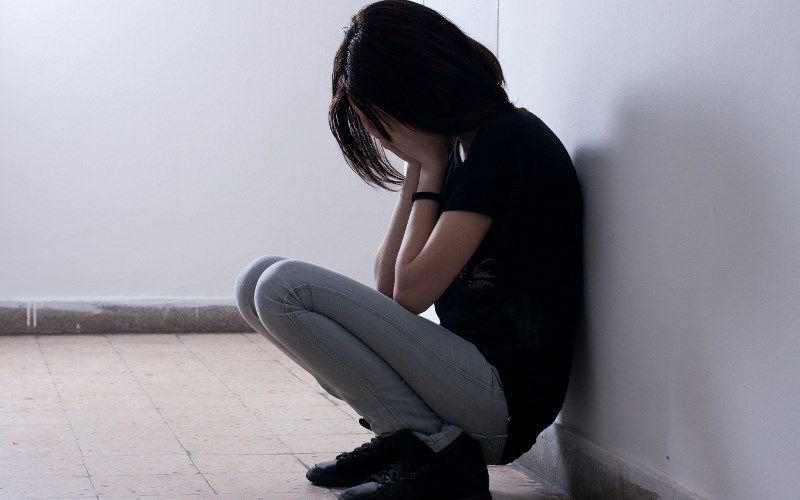April is Abortion Recovery Month, an observance initiated in 2005 by Abortion Recovery InterNational, Inc. The observance is designed not only for women but also for their mates and other family members who suffer the consequences of abortion.
Georgette Forney, co-founder of the Silent No More Awareness Campaign and president of Anglicans for Life, tells AFN that post-abortive women too often experience depression triggered by little things.
"It can be anything as simple as anniversary grief," Forney shares, citing this possible thought for a woman: "April 24th, that's my baby's due date. I know that date, and every year on April 24th my heart feels heavy, and it feels like there's somebody missing."

Other triggers might be babies crying during nightmares, or seeing a baby in a stroller. "[Or] it could be something as critical as turning on the vacuum and being triggered because the sound of the machine that performed the abortion made a very similar sound," the pro-life leader adds.
Forney has firsthand experience with post-abortive depression, having had an abortion herself when she was 16 years old. She was able to heal from that by participating in an abortion recovery program, and she now is active in campaigning for pro-life measures.
So, she knows post-abortive depression is real – but more importantly, that there's a chance for recovery. She suggests a first step is to go to the Silent No More Awareness Campaign website and conduct a search.
"You put your zip code in there and hit search," Forney explains. "[The website] will give you resources for abortion recovery: healing programs that you can attend, retreats, a weekly Bible study, opportunities to do trauma therapy."
Opportunities for recovery are not just for women because men are also affected by abortion. Resources for men are available here and here.
Forney stresses that getting help is important at any time, not just after a recent abortion. She explains that emotional difficulties sometimes don't arise in full force until up to ten years after an abortion, manifesting themselves in symptoms such as alcohol and drug abuse or suicidal ideation.







